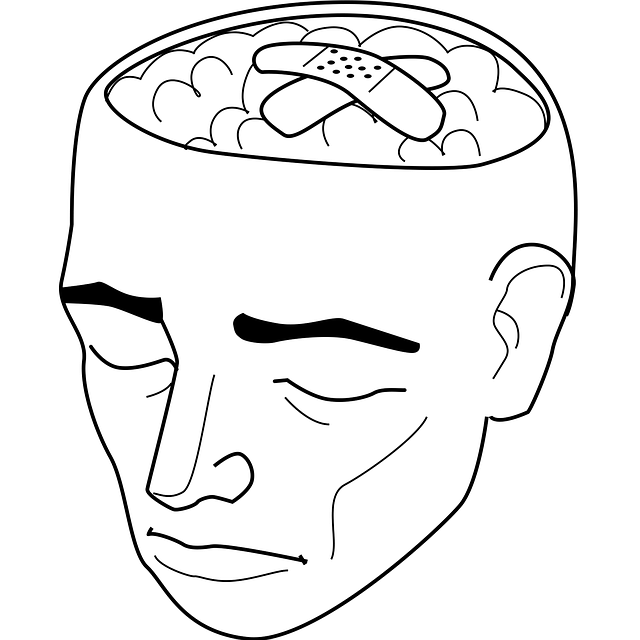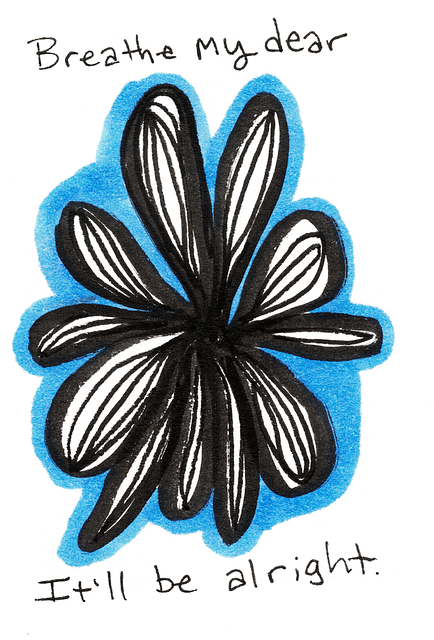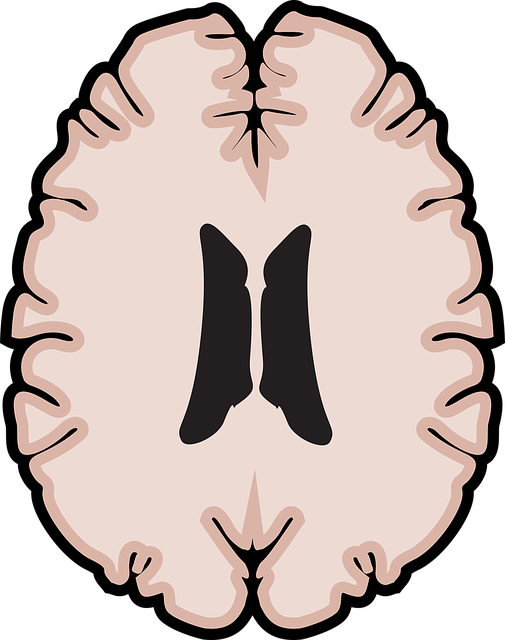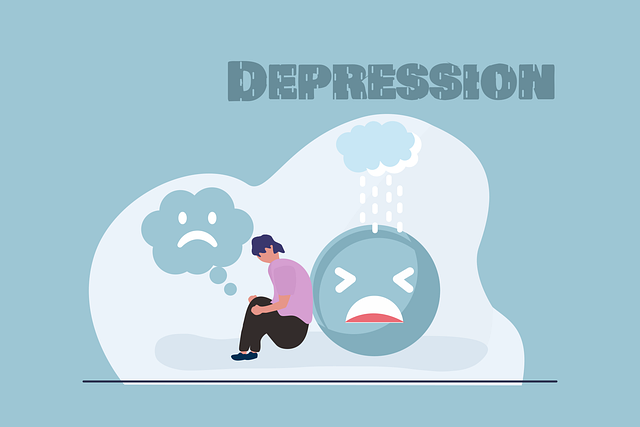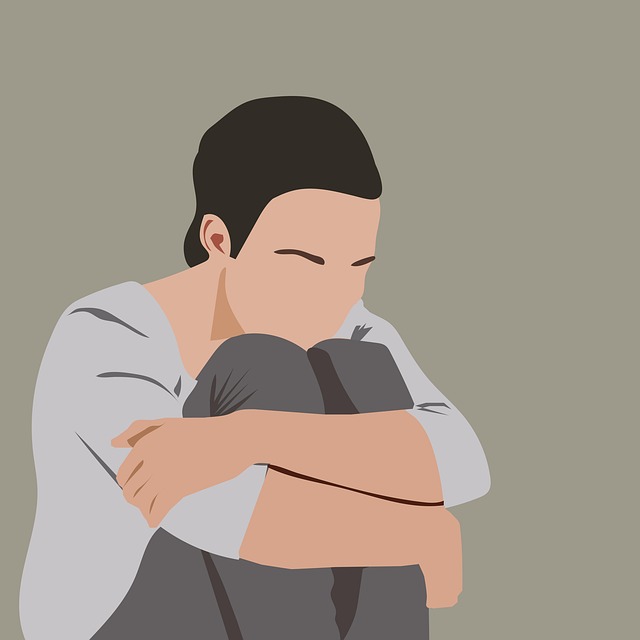Adolescence is a challenging phase, but Littleton Adolescent and Teen Therapy offers vital support. They teach effective mood regulation strategies, empowering teens to cope with stress, anxiety, and depression. Through tailored programs in schools and communities, along with public campaigns normalizing mental health conversations, they reduce stigma. Their culturally sensitive approach includes social skills training, cognitive behavioral therapy for positive thinking, and compassion cultivation practices like mindful breathing and gratitude journaling. Implementing these strategies at home and school, facilitated by Littleton Adolescent and Teen Therapy, enhances teens' emotional resilience, academic performance, and overall well-being.
In today’s fast-paced world, mood regulation is a vital skill, especially for adolescents. Understanding how to manage emotions effectively is crucial for teens’ overall well-being and development. This article explores various strategies to enhance emotional resilience, focusing on insights from Littleton Adolescent and Teen Therapy. We delve into the importance of recognition and expression, providing practical techniques that can be implemented at home and in educational settings to support young individuals in navigating their moods healthily.
- Understanding Mood Regulation and its Importance for Teens
- Strategies Used in Littleton Adolescent and Teen Therapy
- Implementing Mood Regulation Techniques at Home and School
Understanding Mood Regulation and its Importance for Teens

Understanding mood regulation is crucial for teens navigating the complex landscape of adolescence. Moods are natural fluctuations that everyone experiences, but for teenagers, managing these shifts can be challenging due to ongoing brain development and various external factors. Littleton Adolescent and Teen Therapy emphasizes the importance of teaching young individuals effective strategies to recognize and stabilize their emotional states. This empowers them to handle stress, anxiety, and depression more adaptively, fostering resilience as they grow.
Teens today face unique pressures from social media, academic demands, and peer dynamics, which can significantly impact their mental health. Incorporating Mental Health Education Programs Design tailored for this age group is essential in schools and communities. Public Awareness Campaigns Development focused on normalizing conversations about mood regulation and emotional well-being can also help reduce the stigma surrounding mental health issues. Cultural Sensitivity in Mental Healthcare Practice ensures that these support systems cater to diverse teen experiences, providing inclusive and effective therapy options.
Strategies Used in Littleton Adolescent and Teen Therapy

In the context of Littleton Adolescent and Teen Therapy, a multifaceted approach is often employed to address mood regulation challenges prevalent among young individuals. Therapists utilize a combination of evidence-based strategies tailored to nurture mental wellness and promote healthy coping mechanisms. One key method involves Social Skills Training, which equips teens with essential communication and interpersonal skills, fostering better connections and reducing social anxiety.
Additionally, therapists emphasize the cultivation of Positive Thinking as a cornerstone of mood regulation. Through cognitive behavioral techniques, adolescents learn to challenge negative thought patterns, replace them with more adaptive beliefs, and develop resilience in the face of adversity. These therapeutic interventions aim to empower teens, enabling them to navigate emotional challenges with greater ease and enhancing their overall mental wellness.
Implementing Mood Regulation Techniques at Home and School

Implementing Mood regulation techniques at home and school can significantly contribute to a teenager’s overall well-being, especially for those seeking support from Littleton Adolescent and Teen Therapy. Incorporating compassion cultivation practices into daily routines can foster emotional resilience. Simple yet effective methods like mindful breathing exercises, gratitude journaling, or even engaging in creative outlets like art or music can serve as powerful tools for depression prevention and emotional regulation.
Schools play a pivotal role in promoting these strategies by integrating them into the curriculum. Teaching students compassion cultivation practices not only enhances their ability to manage emotions but also creates a supportive environment where emotional expression is encouraged. This, in turn, can lead to improved academic performance and social interactions, ultimately benefiting the entire student body, including those navigating challenges related to mental health.
Mood regulation is a vital skill for adolescents, and with the right strategies, teens can effectively navigate their emotional well-being. As highlighted by Littleton Adolescent and Teen Therapy, these techniques are essential tools to foster resilience and healthy coping mechanisms. By integrating mood regulation practices at home and school, we empower teenagers to manage their emotions, improve academic performance, and enhance overall life satisfaction. This comprehensive approach ensures that teens receive the necessary support to thrive in a complex world.

